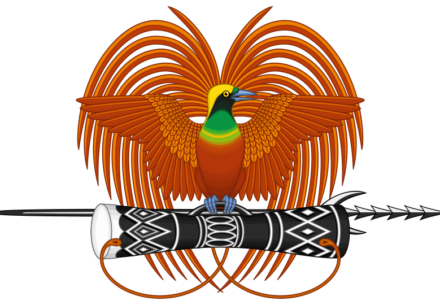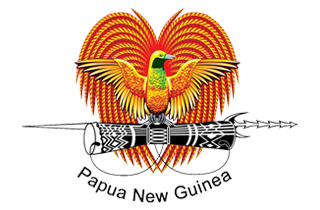Political process
- Climate of PNG
- Constitutional Framework
- Cultural Events
- Cultural Institution
- Cultural Life
- Daily Life and Social Customs
- Decolonization
- Demographic-Trends
- Finance
- Education
- Economy
- Drainage-Soil
- History
- Health-Welfare
- Housing
- Justice
- Land
- Labour-Taxation
- Local-Government
- Media-Publication
- Manufacturing
- National Anthem and Pledge
- National Politics in the 1990s
- PNG History
- People – Ethnic Groups
- Plant and Animal
- PNG Public Holidays
- Political Process
- Postcolonial Politics
- Regional Relations
- Relief
- Religion
- Services
- Settlement Patterns
- Sports and Recreation
- Trade
- Transportation &telecommunications
National elections are held every five years, and many hundreds of candidates run for seats in the National Parliament. Commonly, a high proportion—as many as three-fourths—of sitting MPs may lose their seats in a given election cycle, indicating popular discontent with the performance of legislators and reflecting the intensity of competition and fragmented nature of their electorates. Some regions have seen electoral violence and fraud. International and domestic observers, including civil-society watchdog groups, citizen election monitors, and local churches, have for decades alleged problems of corruption in government.
There are dozens of political parties in Papua New Guinea, although they generally lack clear policy differences or bases in ideology or class. Many of them succeed in gaining parliamentary representation, which prevents the dominance of the legislature by one or two major parties. Parties tend to be, essentially, parliamentary factions based around prominent leaders. Most MPs owe their election to local connections rather than to any political party that may have supported them.
That has tended to create among elected officials a lack of loyalty toward parties, resulting in a fluid party system and party-hopping by MPs seeking personal advancement—often called “yo-yo politics.” A 2001 law, the Organic Law on the Integrity of Political Parties and Candidates (OLIPPAC), created a degree of relative stability by forbidding individual MPs from leaving or changing parties, although some of its provisions were later successfully challenged in court. Most parties have negligible local organization, although, after the institution of the OLIPPAC, incumbency helped the National Alliance Party to develop a branch structure in the provinces, gain more parliamentary seats, and lead the government for a number of years.
Security of Papua New Guinea
Papua New Guinea’s principal external security issue concerns its western border, which abuts Indonesian Papua. West Papuan nationalists of the Free Papua Movement (Organisasi Papua Merdeka) have often been in conflict with the Indonesian armed forces. That, in turn, has often led to incursions into Papua New Guinean territory by refugees, rebels, and Indonesian troops pursuing them. The Papua New Guinea Defence Force has stationed small detachments at each end of the largely unmarked north-south border, but the two states have sought to avoid conflict with each other. In the mid-1980s a wave of refugees sought shelter in Papua New Guinea, and it was estimated that in the early 21st century some 10,000 West Papuan refugees remained there.
The country’s borders are somewhat porous; firearms have been smuggled from Indonesia and Australia into Papua New Guinea. During the civil warfare over Bougainville’s independence, the waters between Bougainville Island and the Solomon Islands were a major line of communication for the rebels, a channel for weapons and personnel, including medical evacuations. Just before Papua New Guinea’s independence, following a few decades of peace under the colonial regime, the Highlands region became notorious for interclan disputes that still continue. Those disputes have at times escalated into small-scale warfare, termed tribal fighting, that

Postal Address:
Department of Foreign Affairs
P.O Box 422, Waigani.
National Capital District (NCD)
Papua New Guinea (PNG)
- Central Government Office, Kumul Avenue, Waigani, N.C.D
- inquiries@dfa.gov.pg
- +675 301 4100
External Links
- Goverment Departments and Agencies
- Department of Prime Minister and National Executive Council
- Department of Planning & Monitoring
- Department of Treasury
- Department of Finance
- Department of Personnel Management
- Department of Justice & Attorney General
- National Parliament of Papua New Guinea
- Immigration and Citizenship Services Authority
- Papua New Guinea Tourism Authority
- Investment Promotion Authority
- Kumul Consolidated Holdings
Subscribe to Our Newsletter to get Important News, Amazing alerts & Inside Scoops:




